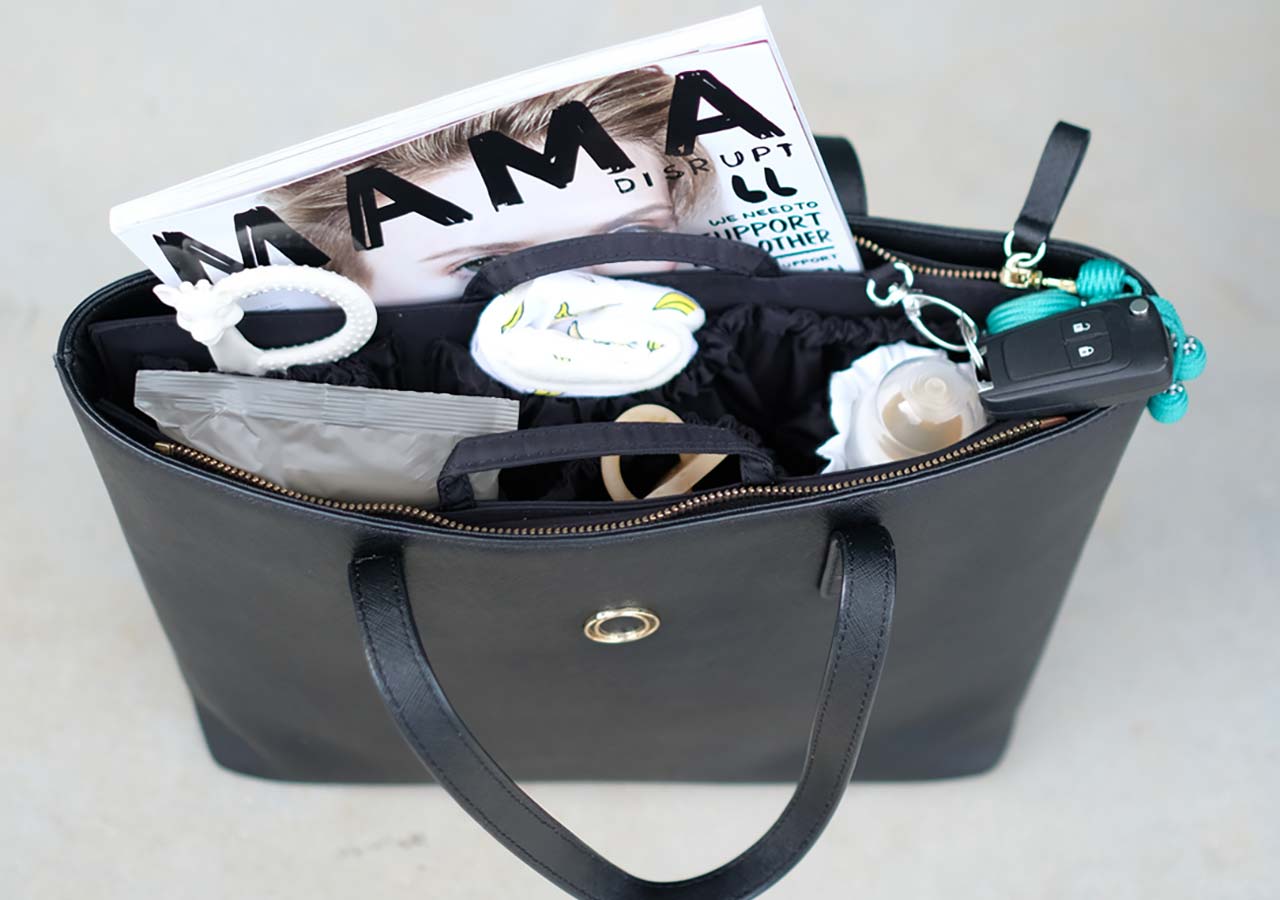Every pregnancy is different. Some fall pregnant without time to prepare, others spend months improving their health before actively trying.
By Ruby Matley
It’s true that every woman’s preparation for pregnancy will be different.
Some will fall pregnant without time to prepare, while others will spend several months improving their health before actively trying to get pregnant.
“You’ve decided it’s time to try for a baby… here’s what you need to know about preparing for pregnancy”
First things, first. Start by taking folic acid and iodine or a pregnancy supplement that contains a range of key vitamins and minerals.
It is also a good idea to try and exercise regularly and eat a balanced healthy diet.
And make sure you R-E-L-A-X! Trying to conceive and pregnancy can be tough, so making sure you are healthy and happy are most important.
1. Consider your health
It is recommended that women have the measles, mumps and rubella vaccination before falling pregnant, because this vaccine can’t be given during pregnancy.
The vaccine guards against infections that may cause miscarriage, premature delivery or serious birth defects if you were to contract them while pregnant.
If you don’t know your immunisation history, a blood test can detect if you are protected with these antibodies.

2. Work out your cycle
If you’ve decided you want to try to conceive, this may be the first time you’ve even thought about when you are most fertile. How regular your periods are. Or how to spot the signs of ovulation.
A period diary is a handy way to track with information, whether you jot it down on paper or use an app.
Around the time of ovulation is when we are most likely to conceive. This usually occurs around days 10 to 14 of a 28-day cycle. But of course your period cycle may be longer or shorter.
This is why tracking your cycle can help you to work out when you’re most fertile and therefore most likely to conceive.
Conception might be as easy as ceasing the use of contraception and tracking ovulation and next thing you know… you’re pregnant!
For some of us, though, it can be a much longer journey, involving fertility treatment, multiple miscarriages or other challenges.
3. Chat to your GP
Speak to your doctor about any medications you are taking to check whether these are safe to continue taking prior and during pregnancy.
Cease alcohol consumption. And if you need help for addictions such as smoking and drug use, make sure you chat to a professional.
9 Months by Dr David Addenbrooke and Ruby Matley, RRP $34.99, published by Pan Macmillan.





